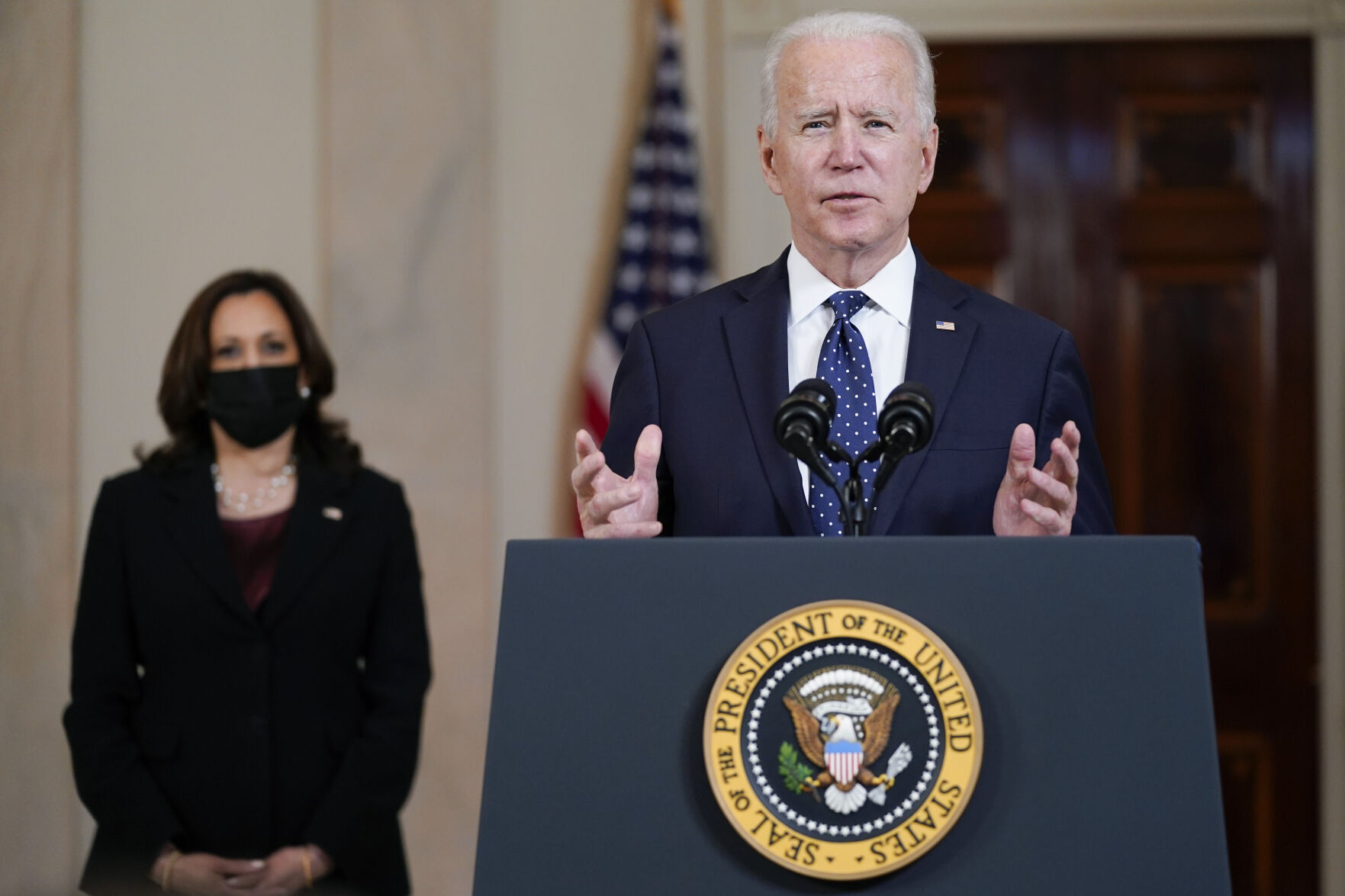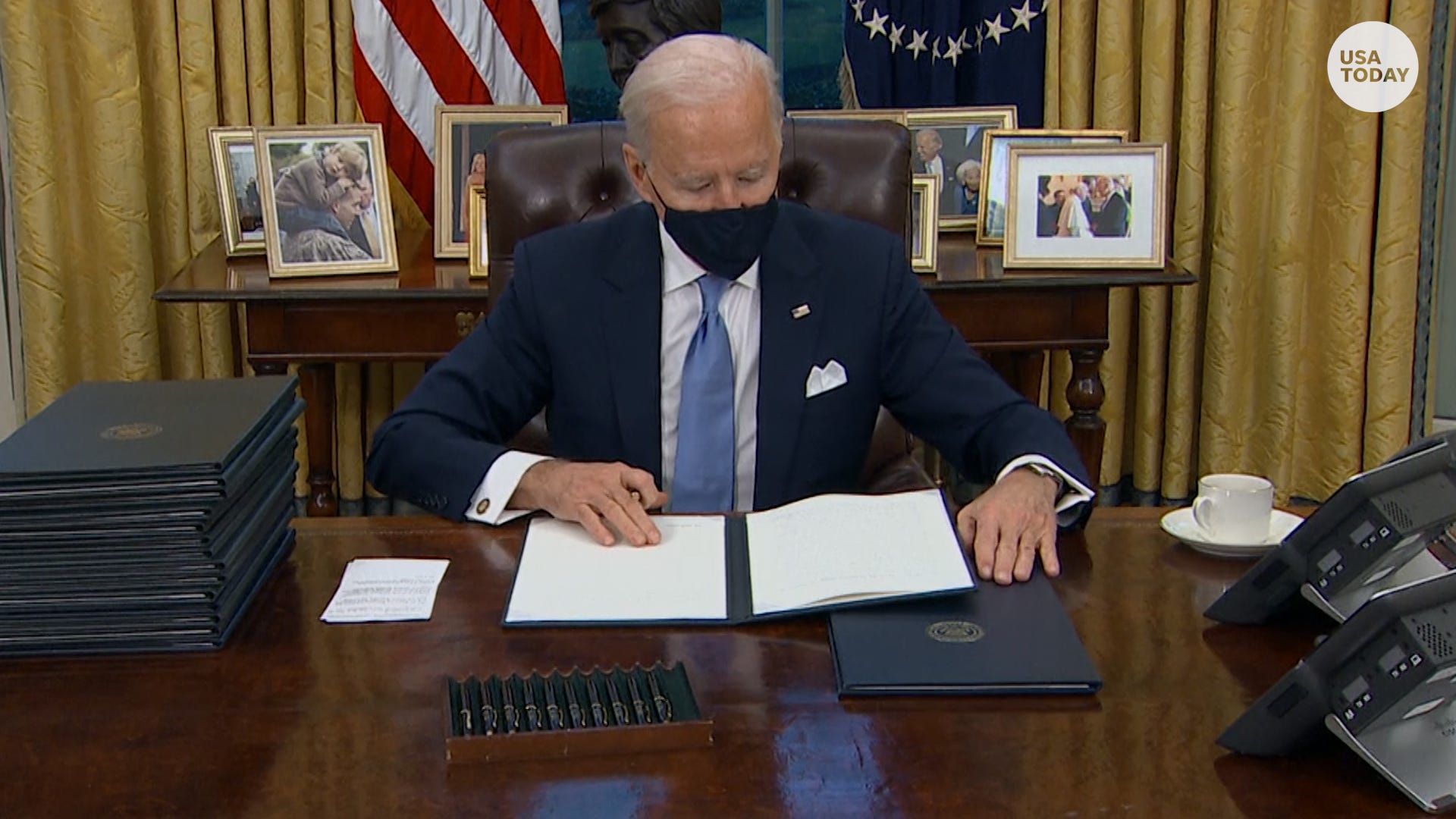
How do you look at how the pandemic and the need for urgent action there affected what his priorities are and how he is addressing them?

President Biden would have been coming in with a long list of major priorities, even without COVID, many of them were internationally focused. In that regard Biden’s candidacy really started as a response to Trump’s presidency and became about our response to the deepening pandemic crisis. You don’t have many people after four years say, “you know I’m better off than I was four years ago, but damn, that first hundred days could have gone better.”Īnd so, I think, now that the first hundred days is over, we can take a deep breath and like every presidency, start to look at it from a different measure of performance metrics, and that is, how are things going overall and what trajectory is this presidency moving in? If that took 105 days to get 200 million shots in arms, would that mean it’s a failure? No, and so I think this obsession with this metric, both presidentially, and media, and by the public, clouds what is the basic rule in American politics, and that is that Americans are going to base a president off of the job that he’s done overall and how that president has helped them. That means that people are getting vaccinated. You know, Biden setting his first goal of 100 million shots in arms in the first hundred days and then extending it to 200 million shots in arms in the first hundred days, that’s great. That said, there are moments like the one we’re currently in where we have a lot of data after 100 days to judge what President Biden has done. Simply getting something done or getting something passed within 100 days doesn’t necessarily make it inherently good or necessarily better than what an alternative could be. That said, there are some situations and some issues and some policies that are easier than others to achieve in 100 days. It’s something that is artificial it’s something that President Roosevelt put into place and it’s now impossible for any president to avoid that metric. HUDAK: Yeah, I think the hundred days metric is a bit of an outdated tool, if it really ever was in vogue. PITA: Can I ask you a little bit of a meta question, sort of a process question? When you’re asked questions like this about how do you evaluate this president or that president’s first 100 days, as someone who researches these issues, researches effective governance, what sort of measuring sticks do you use, especially if you’re trying to compare one president to another? As the president mentioned last night, 90% of Americans live within five miles of vaccination site, and that’s an incredible achievement with regard to an area of policy that one year ago we were just really starting to learn about.Īnd, of course, the economic effects of the pandemic have been profound and so being able to pass an additional rescue package, getting checks out to Americans and continuing to stabilize the economy has been remarkable, and as of this morning, we saw yet another increase in the GDP compared to the fourth quarter and so after 100 days it’s hard to argue anything except that the Biden presidency has been successful thus far. What he has done is mobilized effective governance to continue what was an existing vaccination program but also expanding it dramatically, making it more logistically possible. HUDAK: Obviously, the president came to office facing enormous challenges, in many ways, probably the biggest uphill battle since FDR. What’s your overall take what’s been accomplished so far and how the administration is taking shape? PITA: John, as you look back on President Biden’s first 100 days, obviously so much of that time has been focused on the profound public health and economic crisis of the COVID pandemic. John, thanks for coming back on the program again. With us to discuss President Biden’s first 100 days is John Hudak, senior fellow and deputy director, Center for Effective Public Management here at Brookings. PITA: President Biden marked his first 100 days in office with an address to a joint session of Congress, laying out a sweeping range of plans and framing his presidency as an urgent, even existential demonstration that American democracy still works, and that government can deliver for the American people. Thanks to audio producer Gaston Reboredo, Chris McKenna, Fred Dews, Marie Wilken, and Camilo Ramirez for their support. Listen to Brookings podcasts here, on Apple or on Google podcasts, send email feedback to and follow us at Twitter.

The first 100 days: When did we start caring about them and why do they matter?.
/cdn.vox-cdn.com/uploads/chorus_image/image/68696957/1296577477.0.jpg)
Biden’s 100-day strategy: Under-promise and over-deliver.


 0 kommentar(er)
0 kommentar(er)
